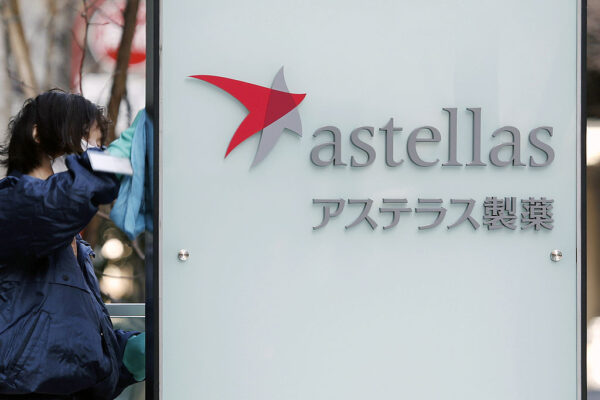
Cell therapy’s next breakthrough could be the engineering of these cells inside the patient. Two deals more than four years apart put Astellas Pharma in position to ramp up its work developing these in vivo treatments.
Under the more recent agreement announced late Thursday, Astellas is collaborating with Kelonia Therapeutics, a startup that has developed technology for precisely delivering genetic cargo to target cells in the body in order to make those cells into in vivo CAR T-therapies. Kelonia calls its technology in vivo gene placement system, or iGPS.

With the Rise of AI, What IP Disputes in Healthcare Are Likely to Emerge?
Munck Wilson Mandala Partner Greg Howison shared his perspective on some of the legal ramifications around AI, IP, connected devices and the data they generate, in response to emailed questions.
The genetic payload delivered to a cell gets it to express a receptor that goes after a target on cancer cells. This chimeric antigen receptor is the “CAR” in CAR T-therapy. Under the collaboration, Kelonia’s technology will be combined with the capabilities of Xyphos Biosciences, a cell therapy developer Astellas acquired in late 2019. Xyphos’s convertibleCAR technology modifies NKG2D, a receptor on certain immune cells that facilitates immune surveillance. The modification enables the targeting of tumor cells. Xyphos says its technology enables it to create cell therapies that can be engineered and re-engineered in vivo to target more than one tumor antigen, improving the ability of the modified immune cell to pursue and destroy tumors.
Terms of the Kelonia agreement call for the companies to work together to develop up to two in vivo CAR T-therapy programs. The targets of those programs were not disclosed. Xyphos will be responsible for the programs’ development as well as their commercialization if they receive regulatory approval.
Kelonia will receive $40 million up front for the first program and an additional $35 million if Xyphos exercises its option for the second program. Milestone payments could bring Kelonia nearly $800 million total. Kelonia will also receive research funding for the R&D work it does as part of the collaboration. If therapies stemming from this alliance reach the market, Kelonia is also eligible for royalties from sales.
Astellas is not the only biopharma company pursuing in vivo cell therapies. In 2021, Sanofi acquired Tidal Therapeutics, a preclinical startup with technology that uses messenger RNA to engineer immune cells inside the patient. Capstan Therapeutics, a University of Pennsylvania spinout that emerged in 2022, is also developing in vivo cell therapies. Capstan uses mRNA packaged inside a lipid nanoparticle to reprogram a patient’s immune cells.
Kelonia, an MIT spinout, broke stealth in 2022 with a $50 million Series A financing. After the financing announcement, Kelonia founder and now CEO Kevin Friedman told MedCity News that one of the startup’s goals is to make cell therapy more affordable and more accessible to patients. The engineering of a patient’s cells in vivo avoids the complexity and expense that makes current CAR T-therapy accessible only at major medical centers. Kelonia’s technology offers the potential to provide treatment at community hospitals, “making the incredible clinical benefit democratized to the patient no matter where they are,” he explained.
Last year, Kelonia presented research from mice and monkey studies demonstrating in vivo delivery of CAR molecules to T cells that led to durable tumor clearance. These results were achieved without the typical toxicities associated with cell therapy and without the need for the chemotherapy preconditioning regimen that is one of the steps required of currently available CAR T-therapies. Kelonia said at the time that it is working to advance its lead internal program to the clinic as a treatment for multiple myeloma.
Photo: Kiyoshi Ota/Bloomberg, via Getty Images














